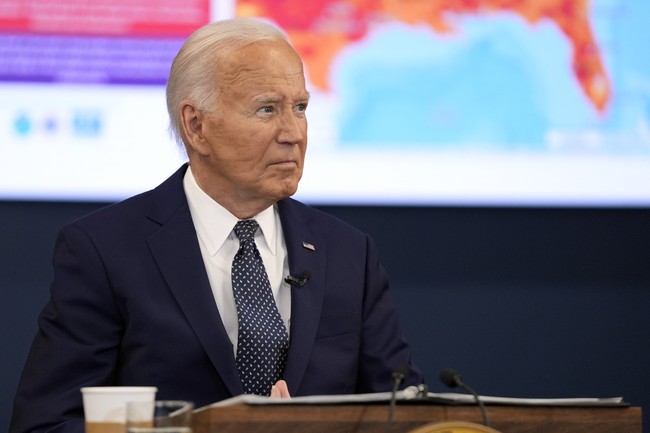Escalation in Middle East: Israel's Strikes in Yemen
In a series of complex military engagements, Israel has launched strikes in Yemen, targeting Houthi-controlled areas, highlighting the intricate geopolitical dynamics unfolding in the Middle East.
Published December 20, 2024 - 00:12am

Image recovered from arabnews.com
In a significant escalation of regional tensions, the Israeli military recently executed airstrikes on several Houthi-controlled locations in Yemen. These strikes come in response to a missile attack launched by the Houthi rebels toward Israel, which was successfully intercepted by Israeli defense systems. The military action has drawn swift reactions from various regional actors, reflecting a complex web of alliances and hostilities that characterize the Middle East.
The Houthis, a Shiite militia backed by Iran, have been embroiled in Yemen's protracted civil war since 2011. They are part of the so-called 'axis of resistance', a coalition of groups that includes Hamas and Hezbollah, and align with Iranian interests in the region. Israel's response was aimed at crippling the military capabilities of the Houthis by targeting ports and energy infrastructure in Yemen, notably in Hodeidah and Salif and the capital Sana'a.
Reports from Houthi-controlled media outlets claim that the Israeli strikes resulted in considerable casualties, with several fatalities and extensive damage to the infrastructure. Al Masirah TV, a Houthi-run news agency, reported nine deaths resulting from the Israeli operations. The airstrikes have thus far been part of broader retaliatory measures by Israel against perceived threats from groups linked to Iran.
Hamas, operating from the Gaza Strip, has condemned Israel's actions, labeling them as a 'dangerous development'. According to Hamas, this recent military action is a continuation of aggression against Palestinians, Syria, and the broader Arab region. This sentiment was echoed by Iran which denounced the strikes as a 'flagrant violation of international law'. The geopolitical ramifications of these events are significant, as they underline the ongoing conflict between Israeli military forces and groups supported or influenced by Iran.
Further complicating the situation, Israeli Defense Minister Israel Katz issued a stern warning to the Houthi leadership, emphasizing Israel's policy of forceful retaliation against any aggression. A spokesperson for the Israeli military highlighted that the operations were precision strikes aimed at dismantling Houthi strategic capabilities, including the reduction of their ability to disrupt international shipping routes in the Red Sea.
The conflict in Yemen has been a focal point of Iranian and Saudi geopolitical struggles, with each side supporting opposing factions in a bid to expand their influence over the Middle East. The Houthis have received significant military and logistical support from Iran, which has been a contentious point for the Gulf States and their allies. The recent events underscore the transactional and often volatile nature of Middle Eastern politics, where alliances and enmities frequently shift based on strategic interests.
Ultimately, the intertwining of Israeli, Iranian, Yemeni, and Palestinian interests in this conflict highlights the pervasive complexity and enduring instability of the Middle East. As each faction leverages military, economic, and political tools, the risk of further escalation looms large. The international community watches closely as these developments unfold, aware of their potential to ignite broader regional crises or even impact global energy markets.
This latest episode in the Middle East conflict serves as a poignant reminder of the fragile peace and the latent potential for conflict that inhabits the region. As stakeholders maneuver within this intricate geopolitical landscape, the prospects for lasting peace remain tenuous, contingent upon diplomatic discourse and international engagement.







